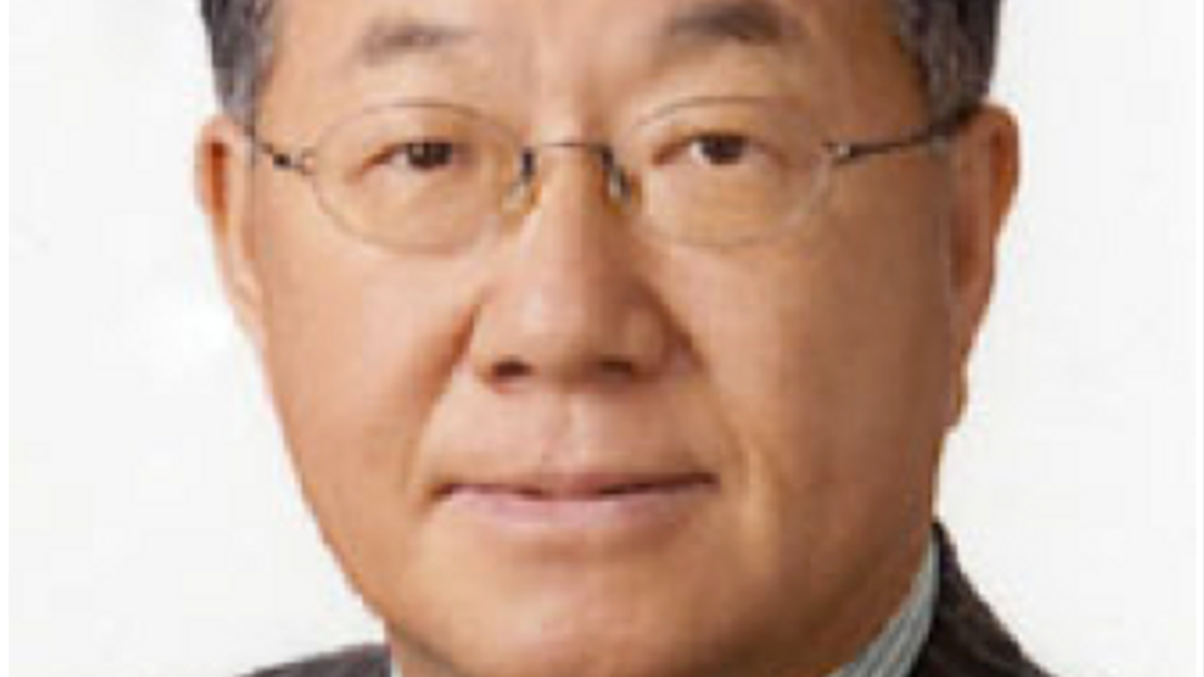Industry ponders KIC chief's resignation
Ahn Hong-Chul has reportedly resigned as president and chief executive of sovereign wealth fund Korea Investment Corporation, with sources unsure as to reasons behind the move.

The president and chief executive of Korean sovereign wealth fund KIC, 'Hank' Ahn Hong-Chul, has resigned, according to local media, with sources unsure about the motivation behind the move.
Sign in to read on!
Registered users get 2 free articles in 30 days.
Subscribers have full unlimited access to AsianInvestor
Not signed up? New users get 2 free articles per month, plus a 7-day unlimited free trial.
¬ Haymarket Media Limited. All rights reserved.


